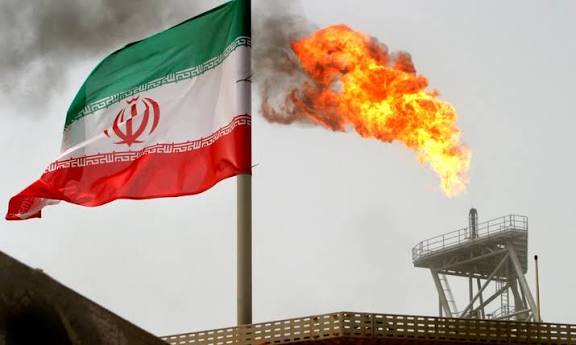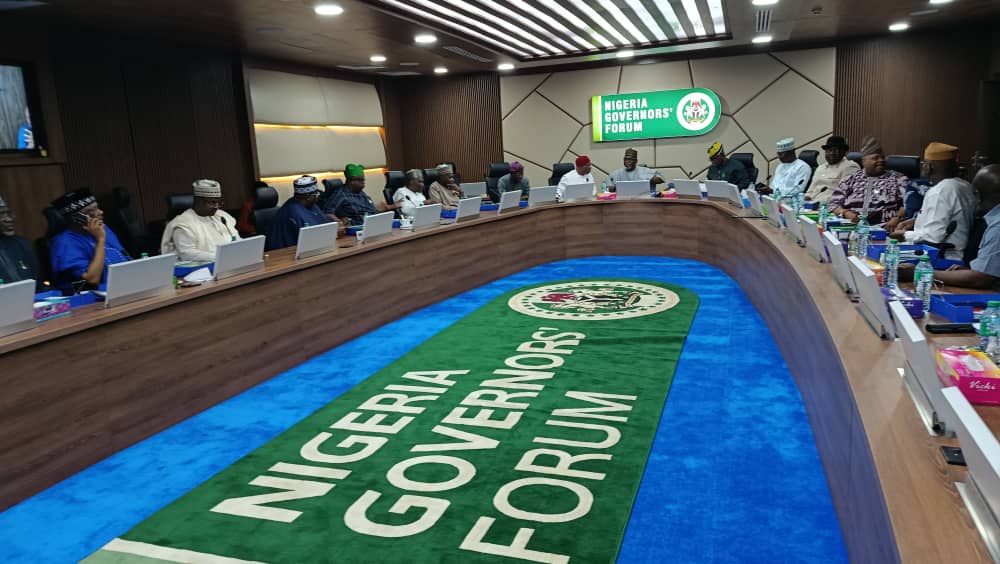The Speaker of the ECOWAS Parliament, Hadja Ibrahima, has advocated for a robust legal framework to guide the development and deployment of Artificial Intelligence across West Africa.
She made the call on Monday during a delocalised session of the Parliament’s Joint Committee on Education, Science, and Digital Innovation, held in Dakar, Senegal.
The meeting, themed “Prioritising Education Technology and Innovation in the ECOWAS Region,” was reported by the News Agency of Nigeria.
Delivering her remarks through the Second Deputy Speaker, Adjaratou Coulibaly, Hadja Ibrahima emphasised the need for the subregion to embrace new learning models in order to keep pace with global technological advancements.
She expressed optimism that the deliberations in Dakar would lead to concrete recommendations for establishing a regional legal framework on Artificial Intelligence.
According to her, digital transformation and innovation—particularly in the education sector—must be prioritised to shape the future of the ECOWAS subregion.
“This aligns with our parliamentary mandate and the aspirations of West African citizens,” Ibrahima noted.
She recalled that in 2003, the ECOWAS Parliament adopted a Protocol on Education and Training in Dakar aimed at harmonising educational systems and promoting academic excellence across the region.
Ibrahima noted that while ECOWAS is home to a young, dynamic population, rich cultural diversity, and expanding economies, the subregion continues to grapple with significant educational challenges.
“Traditional models of education are being questioned. We’ve progressed, but problems remain,” she said.
She identified poor infrastructure, digital inequality, and the slow adoption of technological innovations by some member states as key obstacles hindering educational development in the region.
“If Africa wants to join the global knowledge economy, every child must access digital tools from school,” she added.
She urged participants to develop concrete regional strategies that ensure inclusive digital learning.
“We must ask: what happens when AI replaces teachers? How do we humanise education?” she queried.
She underscored the importance of building a region where every child has the opportunity to learn, grow, and contribute meaningfully to shared prosperity.
Also speaking at the event, Senegal’s Minister of National Education, Moustapha Guirassy, called on African countries to position themselves not only as consumers of Artificial Intelligence but also as its creators and regulators.
Guirassy revealed that Senegal has allocated 1,105 billion CFA francs to the education sector, with 130 billion CFA francs dedicated specifically to advancing digital education.
Guirassy stated that Senegal views Artificial Intelligence as a core component of its ongoing education reform, backed by a newly adopted technology pact and a national digital strategy for 2025–2029.
He noted that AI is already being deployed to monitor school performance, with teachers receiving basic training in AI concepts.
Additionally, sensitisation modules on algorithmic systems have been introduced for students at the secondary school level.








